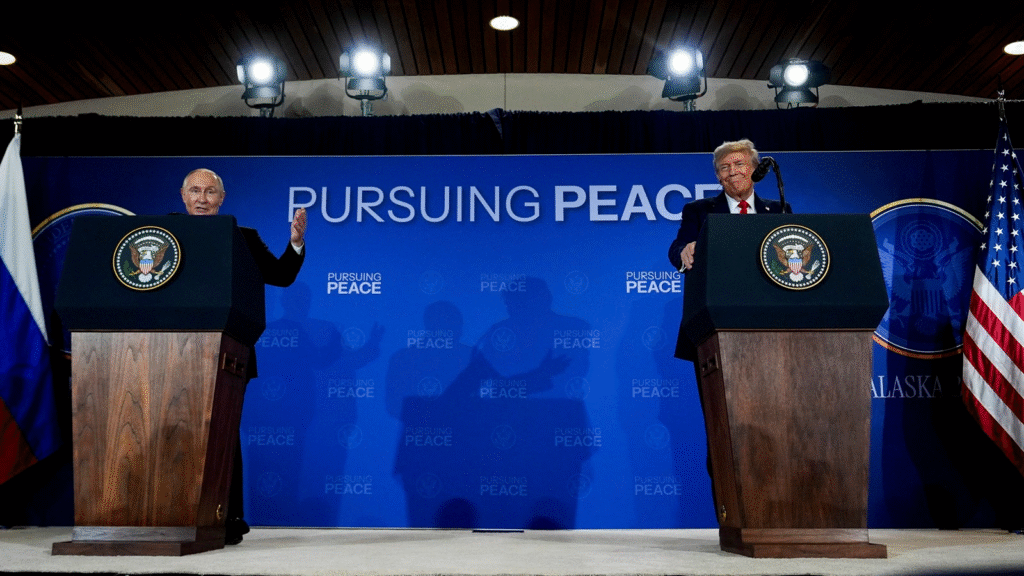A Summit That Shook the West
The Trump–Putin summit in Alaska marked a rupture in the carefully cultivated illusion of Western unity. For months, European leaders had convinced themselves that by acquiescing to Trump’s demands — from trade concessions to defense spending hikes — they could hold sway over his erratic foreign policy. Yet, as Trump stepped into the room with Vladimir Putin without intermediaries or conditions, the narrative unraveled. What Europe believed it had secured through submission and spectacle was exposed as delusion.
The Alaska meeting was not a moment of capitulation. It was a deliberate political recalibration by the U.S. president, who — whether out of principle or strategy — demonstrated that America no longer intended to be bound by the ideological constraints of its NATO partners. The summit did not end the war in Ukraine, nor did it deliver immediate diplomatic results. But it shattered the West’s shared script, exposing the fragility of its posture and the contradictions within its policies.
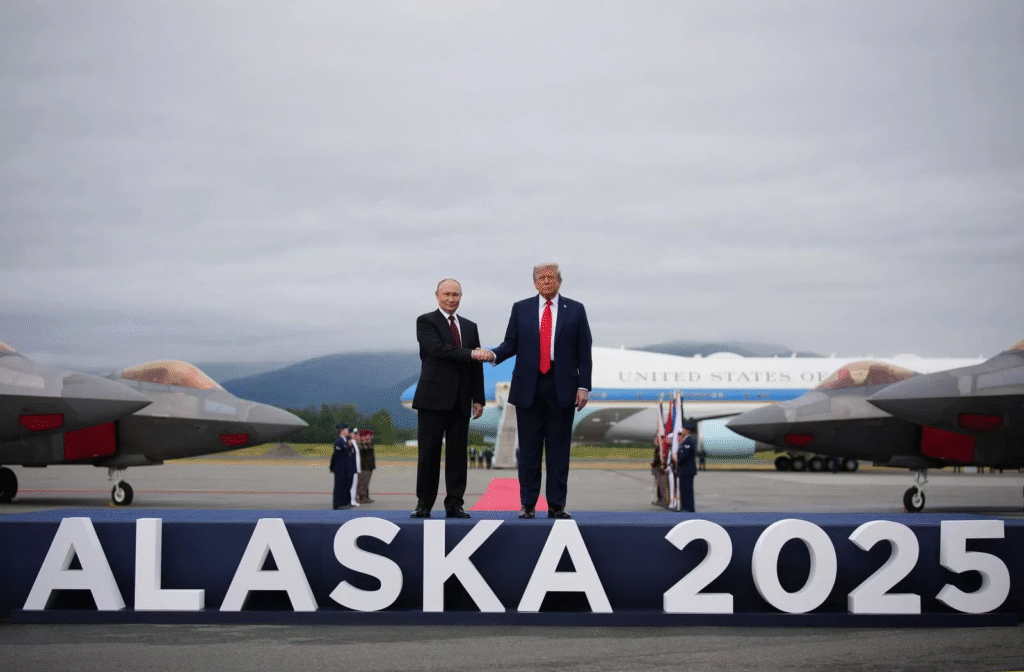
Europe’s Performative Submission
In the months leading to the summit, European leaders went to extraordinary lengths to appear aligned with Trump’s preferences. At the June NATO summit, they pledged to increase defense spending to 5 percent of GDP — a target originally demanded by Trump but now reframed as a European initiative. It was, in effect, a gesture of submission packaged as sovereignty. The same pattern repeated with an unbalanced U.S.-EU trade deal, signed with little democratic oversight, in which Europe agreed to extensive American LNG purchases, compromising its Green Deal commitments in exchange for American strategic engagement.
These moves were less about building European autonomy than about appeasing Trump. Brussels and Berlin believed they could curry favor and restrain his instincts by feeding his ego and offering economic incentives. Trump’s arms shipments to Ukraine, funded by Europe, were hailed as evidence that this flattery was working. Some even welcomed his inflammatory rhetoric — calling Putin “crazy,” threatening harsher sanctions — as proof of renewed commitment to NATO’s objectives.
But the Alaska summit demolished this illusion. Trump had listened to Europe, then ignored it. He met Putin on his own terms, dismissed the ceasefire demands, and made clear that America would not be held hostage by Europe’s maximalist positions.
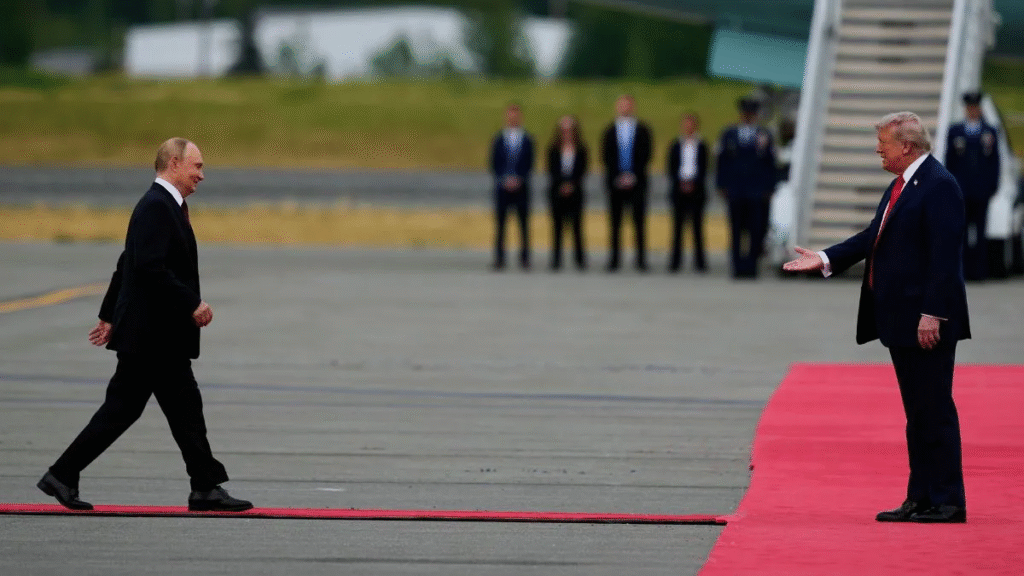
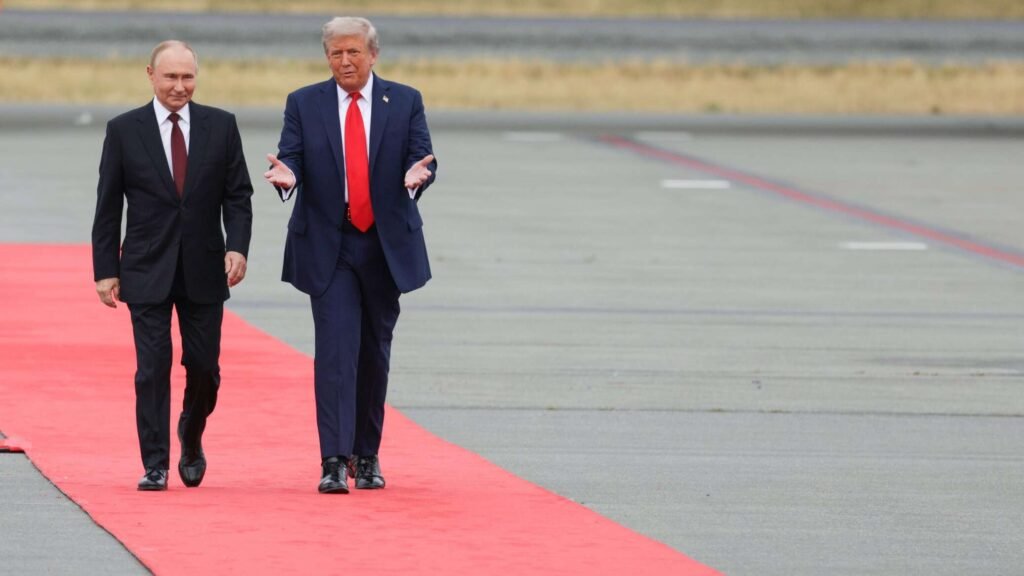
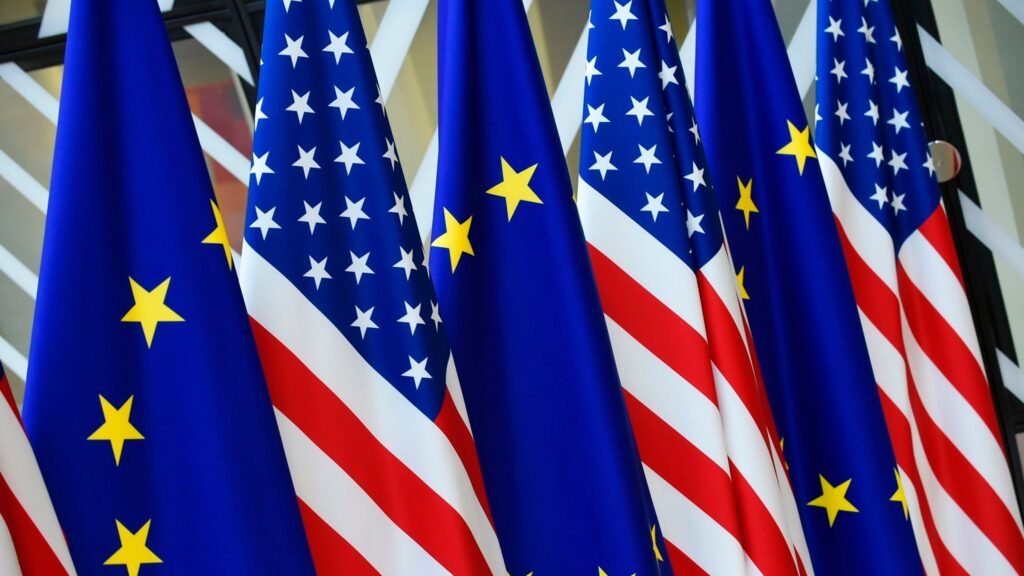
The Crumbling of the Western Script
For Europe, the summit was humiliating. It wasn’t simply that Trump abandoned the European line — it was that he publicly rejected the entire framework of “shared values” that Europe uses to mask power politics. European leaders have long framed the Ukraine war as a moral crusade against Russian aggression, one in which borders must not be altered, war crimes must be punished, and Ukraine must fight until total victory.
Trump, however, treated the situation as a negotiation between powers. He openly declared that Ukraine would need to consider territorial concessions — a position that European leaders had always dismissed as unthinkable. After Trump’s remarks, EU officials scrambled to adjust their rhetoric. What had been an unbreachable principle — Ukraine’s full territorial integrity — was now reframed as a “Ukrainian decision,” a transparent way of washing their hands of future compromises while maintaining moralistic appearances.
Trump also dismissed the demand for a ceasefire — previously a cornerstone of European diplomacy. The idea of freezing the conflict without a resolution had long served as a delaying tactic, sparing Europe the political cost of acknowledging that Ukraine’s battlefield prospects were dim. But Trump abandoned even this façade, arguing that ceasefires without settlement only prolong suffering.
A Strategic Realignment in Disguise
While European leaders reacted with panic, the Kremlin saw validation. The Alaska summit confirmed what Moscow had long asserted: negotiations would only matter if they took place with those who hold real power. For two years, European governments had insulated themselves from the war’s realities by retreating into values-based rhetoric. But Trump’s direct diplomacy forced a reckoning. It showed that strategic interests — not slogans — would shape the postwar order.
This shift, however, wasn’t merely about Russia. It was about America’s changing role. Trump’s approach signaled that Washington was no longer willing to bankroll a European war without questioning its purpose. The U.S. was recalibrating — away from ideological alignment with Brussels and toward an interest-based strategy grounded in global competition and domestic political calculation.
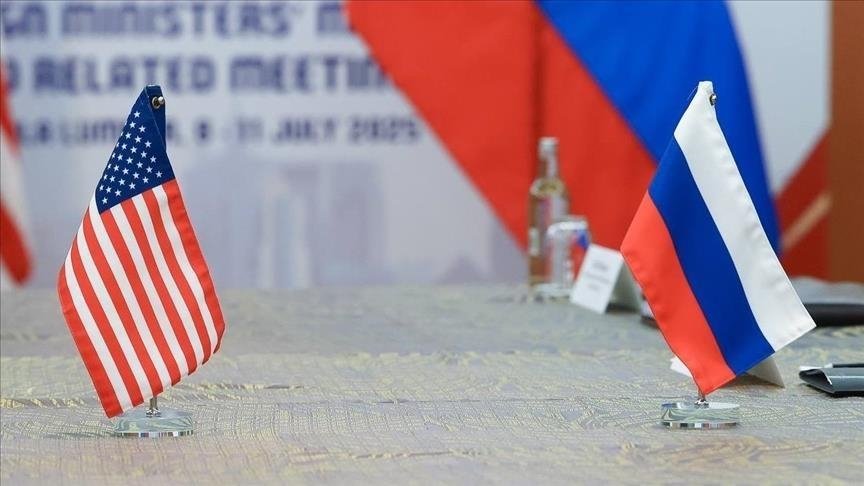
The Illusion of a European Superpower
Throughout the war, European leaders have cast themselves as diplomatic giants. They present the EU as a global power capable of shaping outcomes, delivering peace, and upholding liberal norms. But Alaska exposed their impotence. Their posturing, their moral appeals, and their spending pledges did little to influence the course of events.
The deeper irony is that Europe continues to absorb the war’s economic costs — inflation, energy dependence, military spending — without reaping political rewards. If Trump negotiates peace, it will be his deal. If he concedes territory, it will be Europe’s credibility that suffers. EU governments have taken no initiative, charted no independent path, and prepared no post-war vision beyond vague pledges of reconstruction aid and long-term security guarantees.
Even their once-ambitious climate policy, the Green Deal, has been sacrificed. Originally conceived as a way to ensure energy independence and industrial renewal, it now lies buried beneath rearmament budgets and transatlantic gas contracts.
Diplomacy Returns — But Not Europe’s
The Alaska summit marked a return to diplomacy, but not the kind Europe envisioned. It was not multilateral, not symbolic, not dressed in the language of universal values. It was raw power politics — the sort of negotiation that recognizes the limits of warfare and the need for compromise.
Trump may not have outlined a coherent peace plan, but he has reintroduced an unwelcome truth into the discourse: that no war ends without negotiation, and no negotiation begins without confronting uncomfortable realities. European leaders, still clinging to moral absolutes and hoping for battlefield miracles, have been left behind.
In the end, Alaska was not a breakthrough — it was a break. A break from the illusion that Western unity was unshakable. A break from the fantasy that Ukraine could win total victory. A break from the belief that Europe, through submission and slogans, could bend American policy to its will.
As the war continues, the question is no longer whether diplomacy will return, but whether Europe will have any say when it does.
